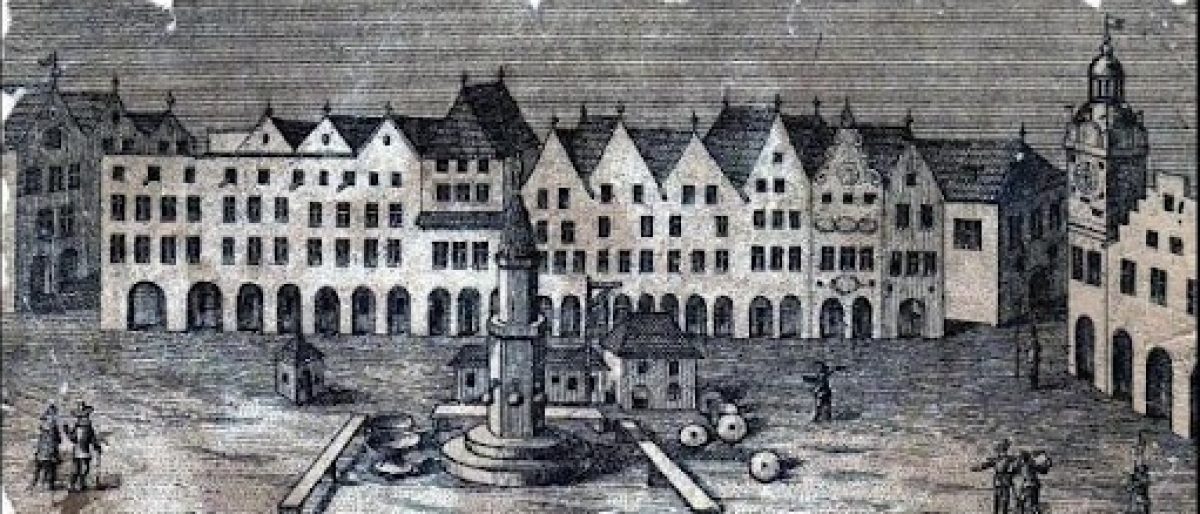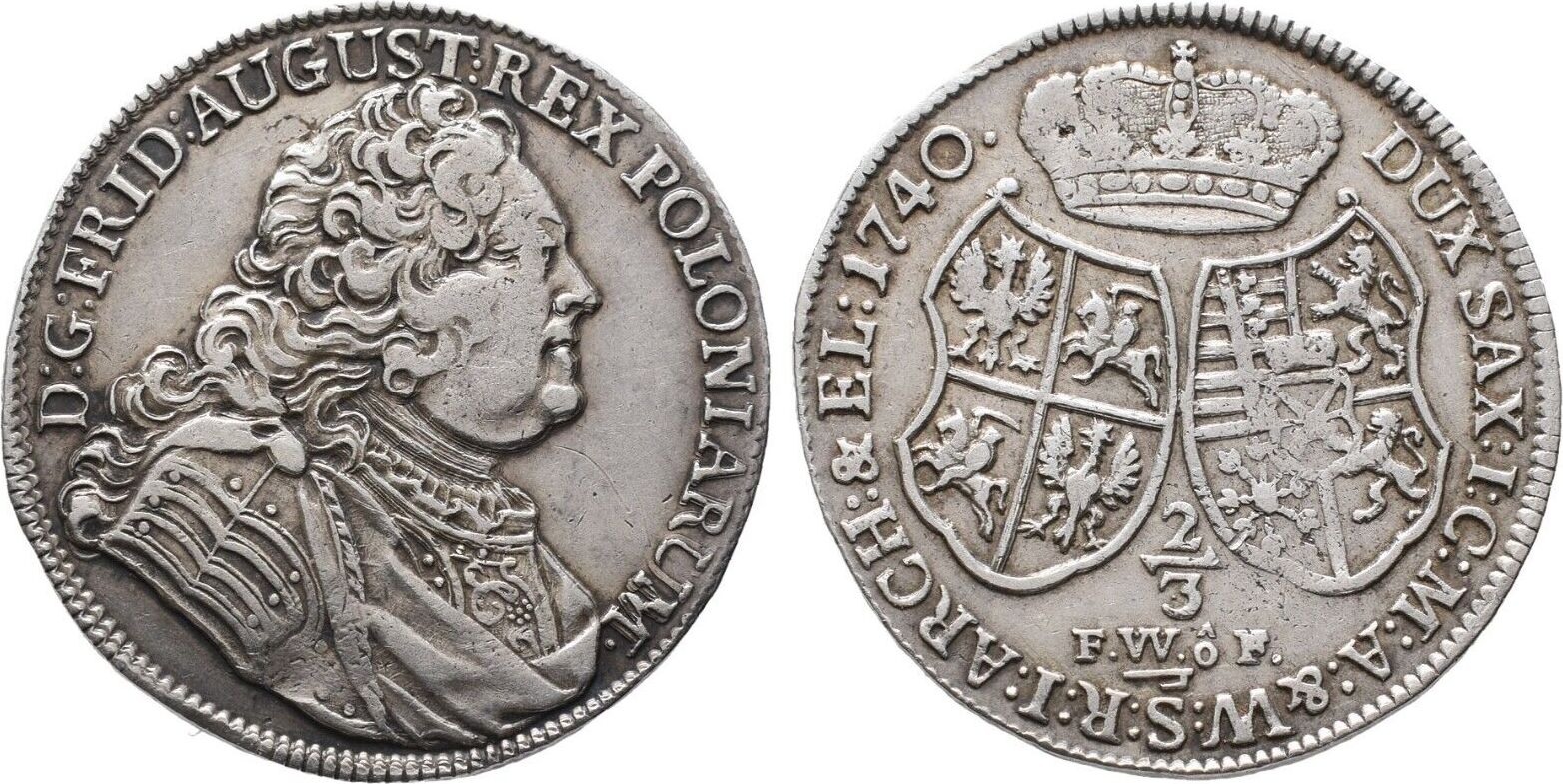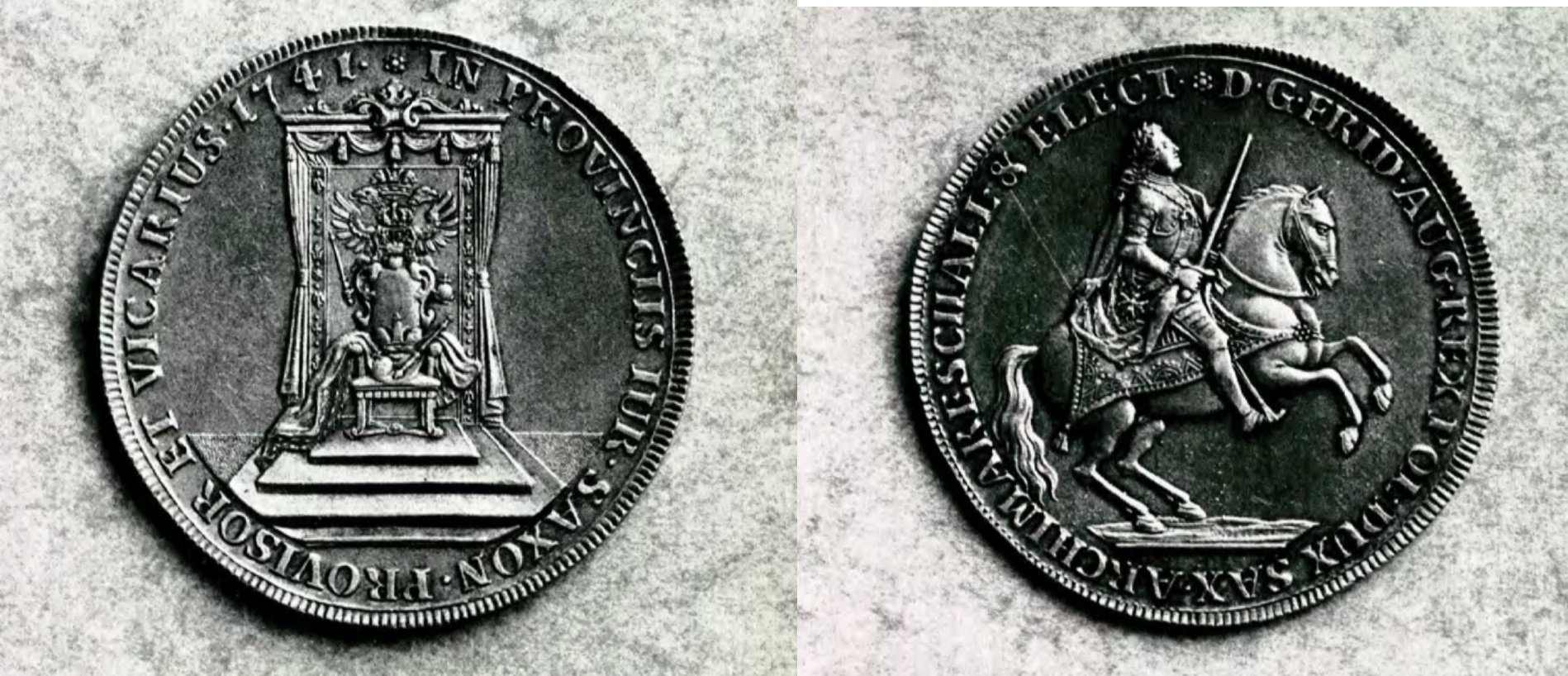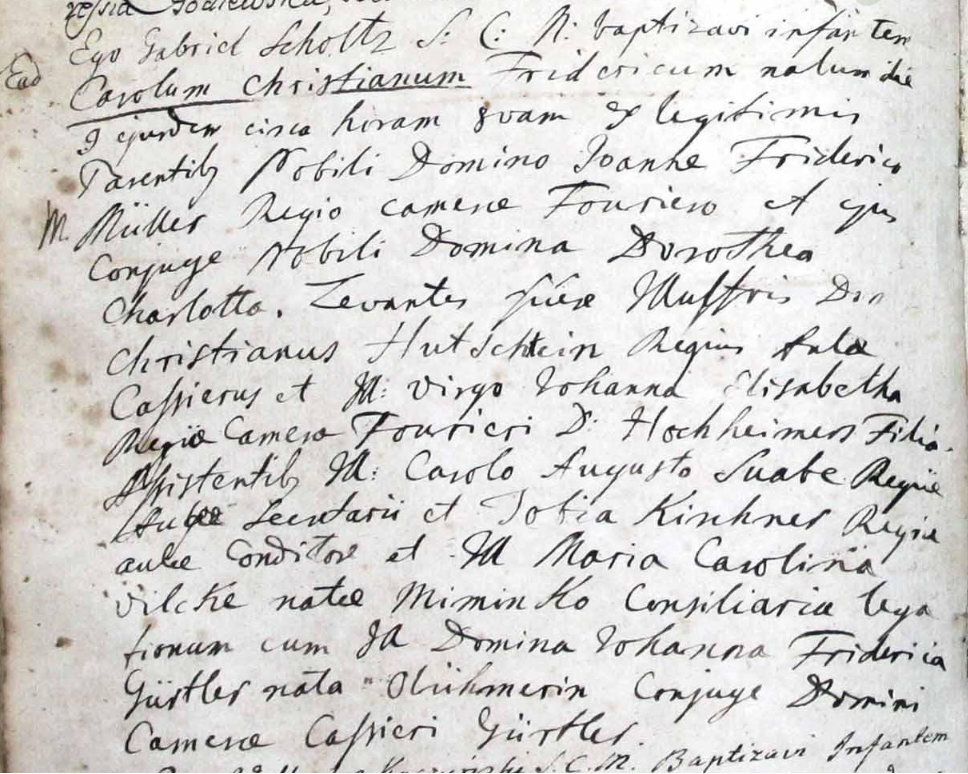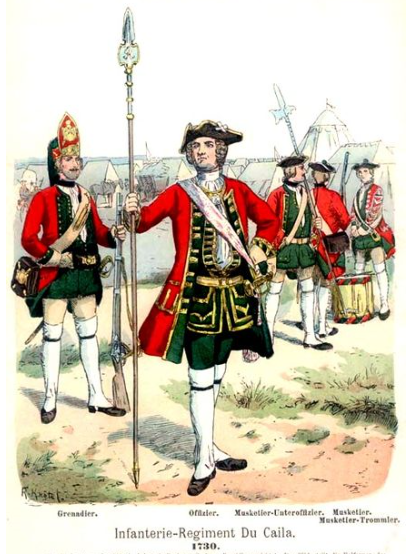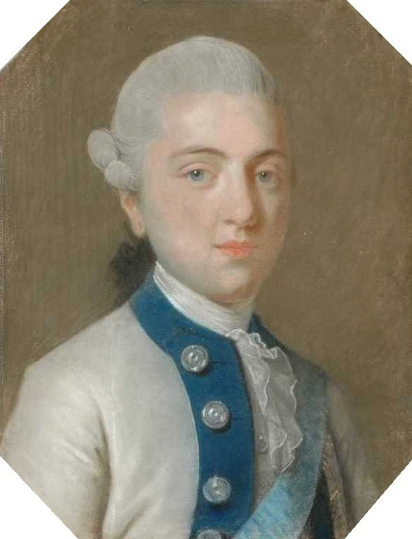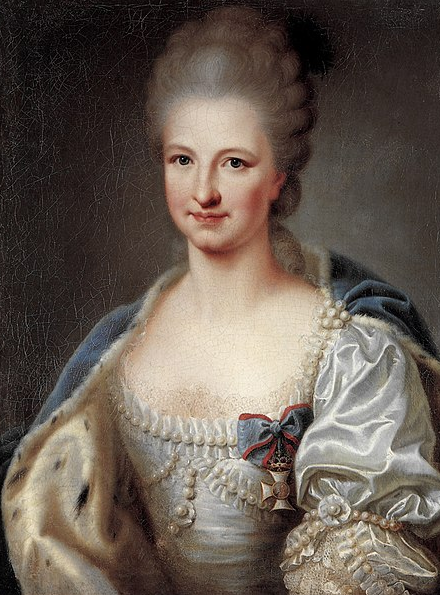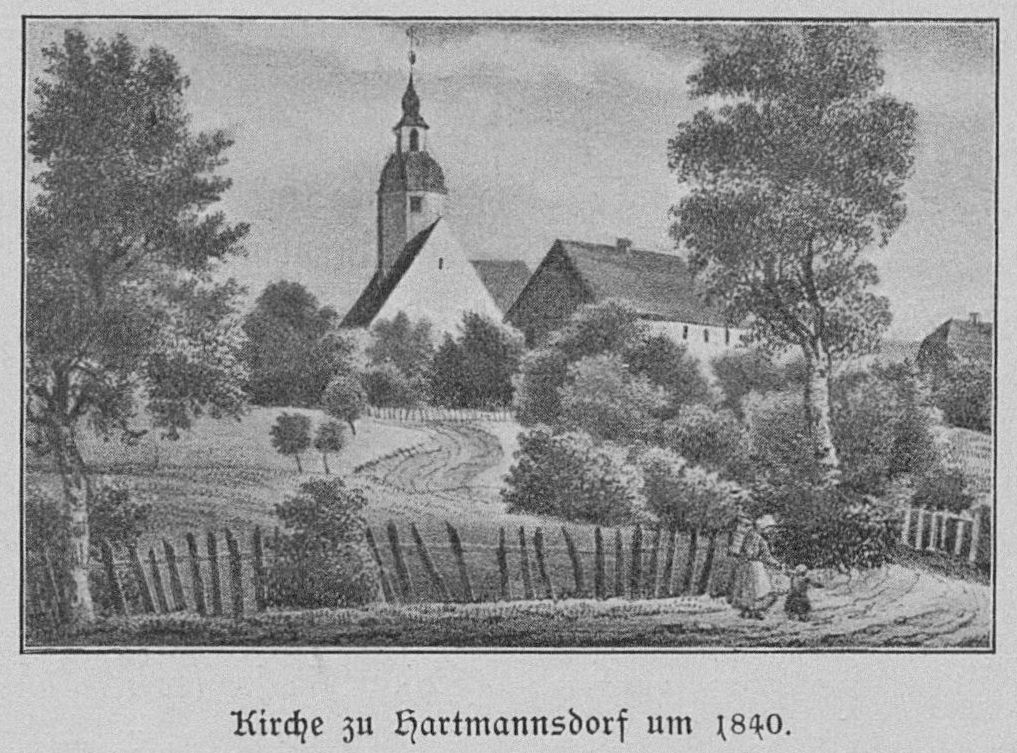
Christian Hutsteiner, from Hartmannsdorf, the royal court cashier in Dresden became the royal chamber clerk at the court of Dresden in 1733. Before he acted as Cashier already in 1726.
He never was married and died in Dresden 1746.
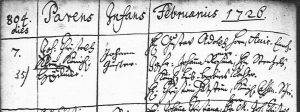
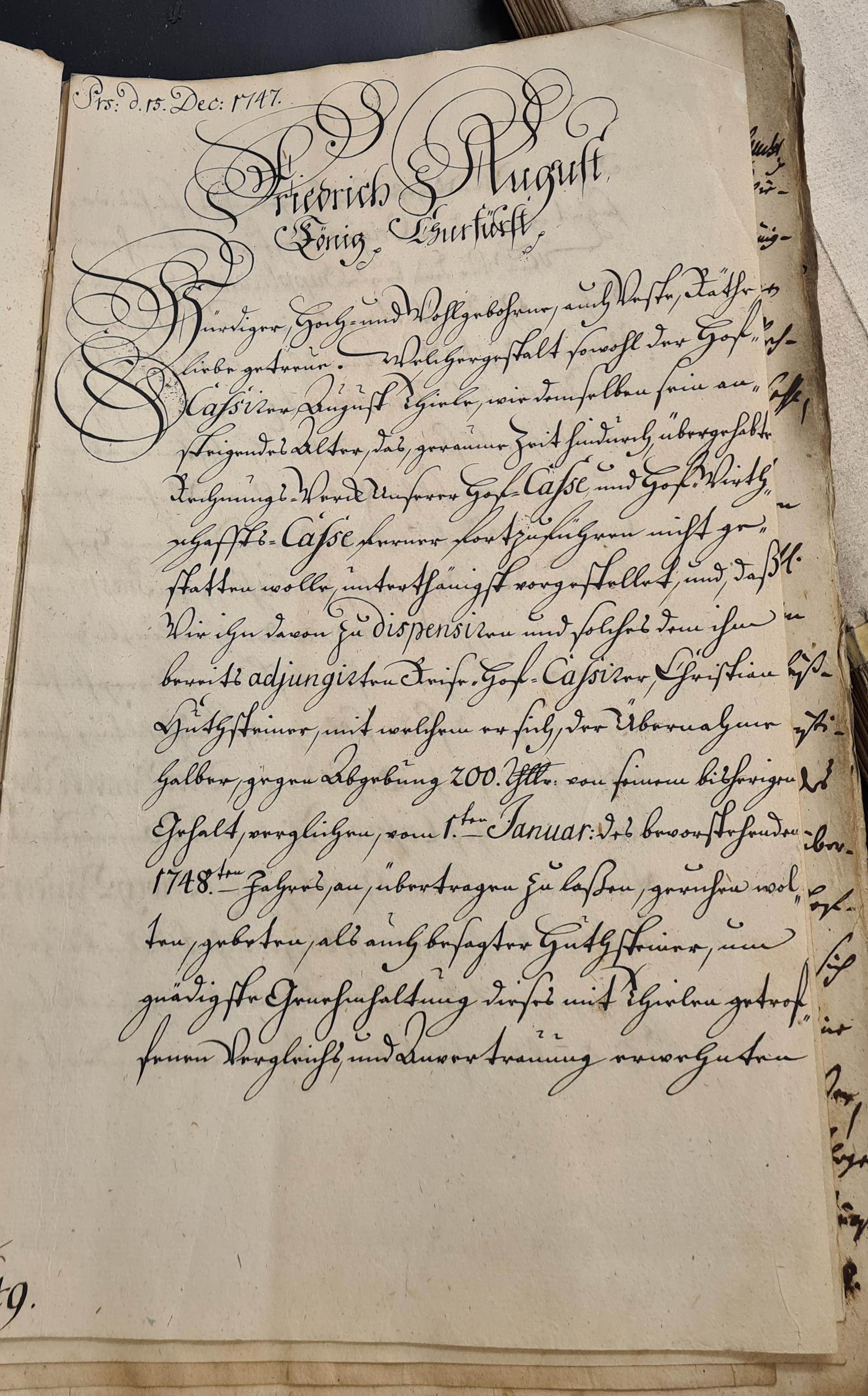
His nephew Christian Huthsteiner, recorded as Huthsteiner jun. in March 1733, the duke’s travel cashier for the court in Warsaw, was appointed Royal Cashier at the court in Dresden in December 1747. It seems that most of the time he had been in Warsaw or travelling, because some complains in Dresden arose due to his absence.
He died in Dresden in 1786.
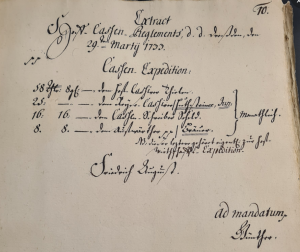
It is necessary to state that in some family research pages Christian and Christian jun. are represented as a single person, which is not the case. It can also be verified by the two existing, different death records in Dresden.
